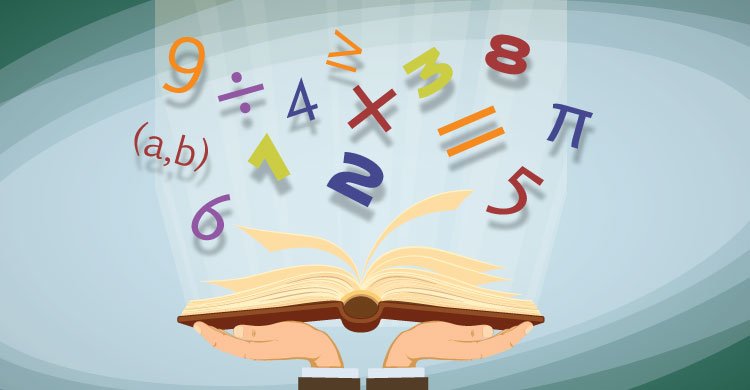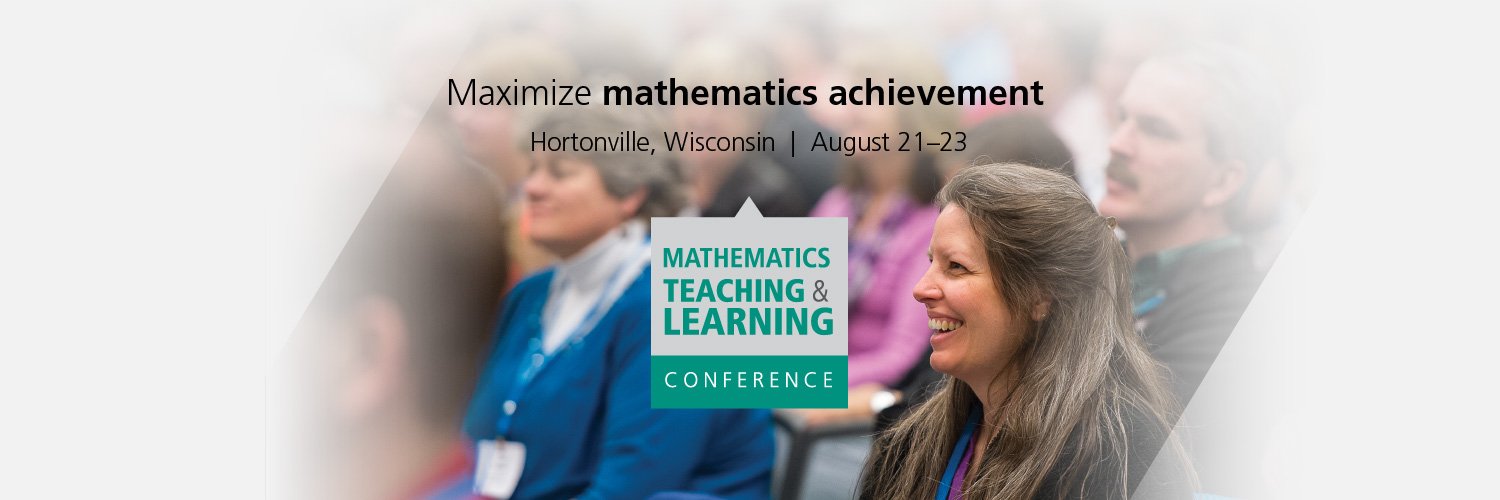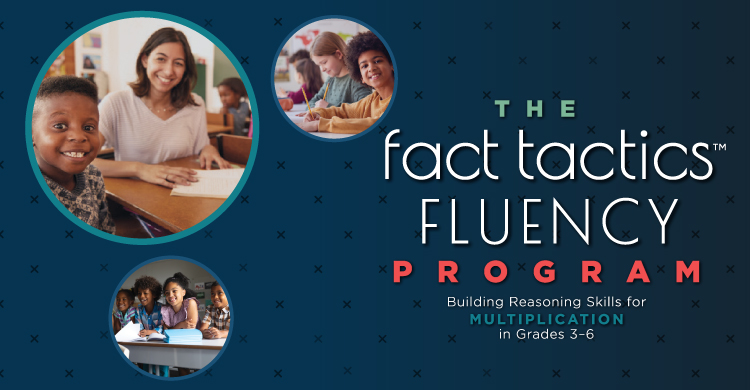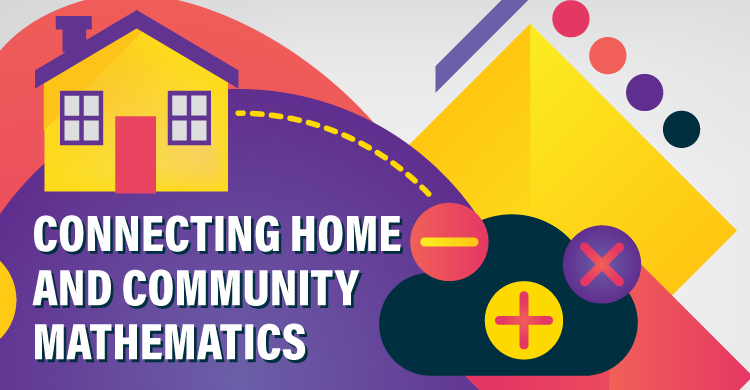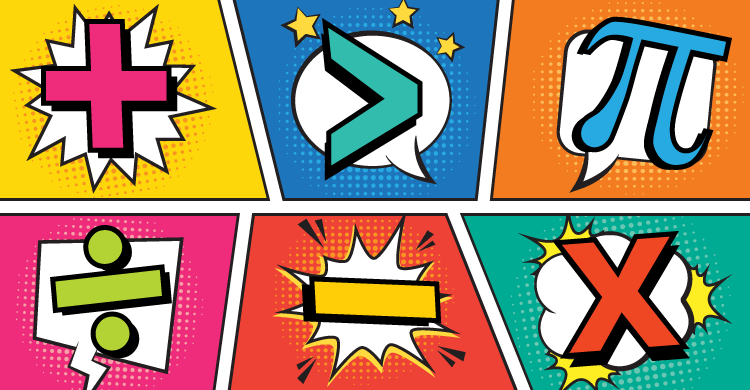As math teachers, we are always searching for resources that will not only help our teams design high-quality lessons but also deepen our content knowledge during our collaborative process. The books listed below do just that and more!
Beyond the Common Core: A Handbook for Mathematics in a PLC at Work™
(Series: K-5, Grade 6-8, High School, and Leader’s Guide)
Are you looking for a resource that will completely transform your teaming so that you can truly meet the needs of your learners? The authors highlight 10 High Leverage Team Actions that give collaborative teams the tools and protocols to answer the four critical questions of learning. A clear picture is painted of the work teams will do before, during, and after a unit of study. This book truly embraces job-embedded professional development by providing an avenue for bettering instructional practices and the use of formative assessment process.
Making Sense of Mathematics for Teaching
(Series: K-5, Grade 6-8, High School, and Leader’s Guide)
In this amazing series, you will find an emphasis on deepening teacher understanding of mathematics content while simultaneously guiding teams in work that will make mathematics more meaningful for all students. You will learn about a process called TQE (Tasks, Questioning, and Evidence) through videos of actual students engaging in mathematics, and descriptions that provide stopping points for team learning. In reading these books, it is as if the authors have joined your collaborative team meetings to help provide direction on the progression of topics, choosing the most effective tasks, and supporting student learning.
Good Questions for Math Teaching: Why Ask Them and What to Ask, K-6
(Series: K-6, Grade 6-8)
Just the title itself grabs the attention of math educators because of the importance questioning plays in effective mathematics instruction. The book not only determines the features of good questions, but explains how to create your own good questions and how to use them within your classroom. Each chapter is organized by content strands, and offers a variety of questions for different grade levels under topic headings so that it is easy to find questions that are appropriate for your students. Using questions such as these during instruction will give students more opportunities to communicate ideas, engage in thoughtful problem solving, and develop flexible thinking.
Engage in the Mathematical Practices: Strategies to Build Numeracy and Literacy with K-5 Learners
The authors of this book uniquely connect best practices in both literacy and mathematics to further develop strategies that for many are already present in the language arts classroom. Imagine thoughtfully using the common literacy practice of “thinking aloud” to help students interpret word problems during a math class. The purpose of this book is to support the teacher in providing students opportunities to engage in the 8 mathematical practices in order to become successful problem solvers. Each chapter starts with the rationale behind why each mathematical practice is critical and then offers an example task, student evidence of learning, and teacher actions for engaging students. The figures provide great visuals for bringing the mathematics to life and serving as great examples for making this kind of teaching accessible.
Elementary and Middle School Mathematics: Teaching Developmentally
No mathematics teacher should be without this one. I have often referred to it as my math bible, especially in the early days of tackling new mathematics content. The first section of the book involves thoroughly exploring the mindset, pedagogy, and beliefs about mathematics instruction that a teacher must have for effectively engaging students. It includes research-based rationale, stopping points for reflection, and questions to engage in during collaboration with teammates. The second section of the book is divided into 16 content-focused chapters that show educators the progression for developing concepts and becoming procedurally fluent. Every description is paired with visuals and/or activities that illustrate the content while also giving teachers opportunities to work through the math as a team.
Number Talks: Helping Children Build Mental Math and Computation Strategies, Grades K-5
If you are hoping to strengthen computational fluency and flexibility within your students, this book is the way to go. The videos, example number talks and progressions, and suggestions offered can help any team of teachers implementing effective talk around mental math in the classroom. All four operations and the properties that govern them are explored through these talks, as well as building a conceptual understanding of place value. Video clips include questions to discuss with teammates to help teachers reflect on their learning of this valuable practice and provide ongoing professional development during collaborative time.
Balancing the Equation: A Guide to School Mathematics for Educators and Parents
This book was written with two audiences in mind: educators and parents. With so much controversy around the Common Core and the methods for teaching mathematics, Balancing the Equation answers some really critical questions and concerns. A history of mathematics instruction in the United States is thoroughly painted so that readers can deepen their understanding of the how the pendulum has swung back and forth between a procedural and conceptual approach to teaching. A factual account of our current reality of math achievement is portrayed and delivered in a way to provide rationale for why mathematics instruction needs to improve. Reflections for both parents and teachers are intentionally woven into each chapter to serve as a guide and food for thought as we consider how to truly achieve balance moving forward.
[author_bio id=”1015″]


